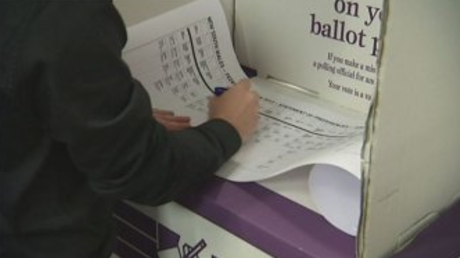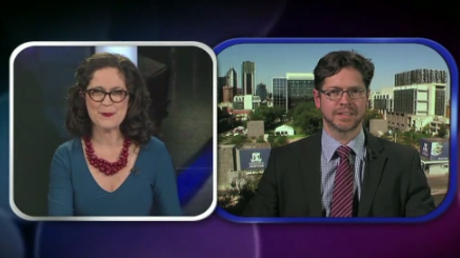For the past decade, the eight to thirteen Senate seats occupied by minor parties and independents have represented a check on the power of the government of the day.
Such is the frustration of the major parties that this obstacle has produced bipartisan opinion: the Senate was once rechristened the “house of obstruction” by John Howard and “unrepresentative swill” by the ever-inventive Paul Keating.
Immediately before securing the balance of power in 1980, the Australian Democrats’ Don Chipp promised to "keep the bastards honest". When Bob Brown became the first federal Senator for the Australian Greens he pledged to be “a voice helping guide this parliament towards a more effective Australia”.

What, then, is the optimal role for a minor party? The pre-election pledge of both Kevin Rudd and Tony Abbott to rule out forming minority government with other parties or independents suggest an enduring perception that one-party government is good government (the Coalition notwithstanding).
The 2005 Australian Survey of Social Attitudes found that 57% of Australians saw governmental control of the Senate as a “bad thing”, at a time when just that had been achieved by the Coalition government. This 57%, however, do not all deny the major parties their upper-house votes.
When their presence in parliament came to an end, the Democrats described their legacy as having “shown the way to countless other individuals and parties to have a go”.
Regardless of whether we credit them as having done so, the record number of candidates in the Senate contesting this election and the unusual combinations the vote appears to have produced, suggest that a certain portion of the upper house will remain the realm of Senators outside the major parties.
It seems our prerogative to keep the Senate honest remains. But it's another matter when the current system of preference hands Senate seats to micro-party candidates with a handful of primary votes.




